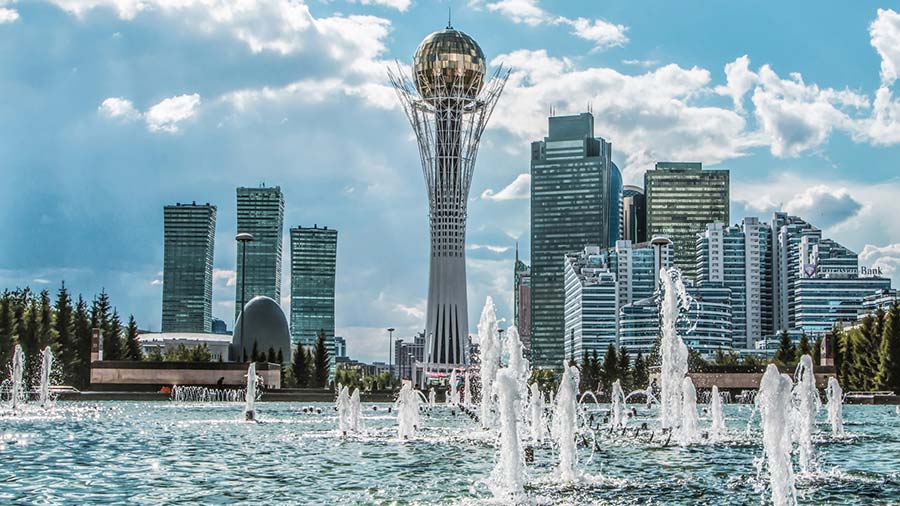Kazakhstan Begins To Break Up Political Family Cronyism As Business Reforms Start

Will Kazakhstan follow Uzbekistan’s economic reform model?
Kazakhstan’s President Kassym-Jomart Tokayev has started to strip his predecessor and rival for power in Kazakhstan, Nursultan Nazarbayev, and his family of their business interests in the wake of the popular unrest earlier this month. He fired two sons-in-law, Dimash Dosanov and Kairat Sharipbayev, from the chairmanship of two of the countries most powerful oil and gas companies, and also appeared to force Timur Kulibayev, another son in-law and the co-owner of the biggest bank in Kazakhstan, to resign as head of the powerful Atameken business lobby group.
At a meeting in a conference hall in Nur-Sultan, Tokayev also gathered together the owners of the country’s biggest businesses to lecture them on their greed and the need to change the system. “There is a clear imbalance and an obvious problem of fairness in the distribution of national income,” he said. “International experts argue that only 162 people own half of Kazakhstan’s wealth. While half of the population’s monthly income does not exceed 50,000 tenge! That’s just over $1,300 a year.”
Unrest, fuelled mainly by anger towards ex-President Nazarbayev and his family for amassing billions of dollars of assets, has ripped through Kazakhstan this year and threatened to topple the elite. It also triggered a battle for power between Tokayev and Nazarbayev which the former appears to have won, although analysts said that the appearance of Nazarbayev in a recent video and Kulibayev’s continued control of the national Halyk Bank suggested that compromises had been made.
Dosanov had been chairman of KazTransOil, the national oil transit company, and Sharipbayev had been head of QazaqGaz, the national gas company. Mr Dosanov is married to Mr Nazarbayev’s youngest daughter, Aliya, and Mr Sharipbayev is believed to be married to his eldest daughter, Dariga. Mr Kulibayev is married to Dinara Nazarbayeva.
It remains to be seen how far these reforms will go and whether they will prove truly effective. Ex-President Nazarbayev still maintains a significant presence within the country with his family entrenched in its major business. Other businessmen and associates tied to this may be negatively impacted, although it seems for now that deals have been done with Russia’s President Putin also likely to have been indirectly involved in the transfer of political power and assets. Russia sent troops, who have now returned to Russia, as part of the CTSO group to put down the Kazakh insurrection and cement support for Tokayev despite also having close personal relations with Nazarbayev.
Kazakhstan, should Tokayev have the political power and backing to secure reforms, may in time start to become a new investment hub for FDI should the country embark on a profound course of breaking up cronyism and following international standards of transparency and rule of law. Its neighbour, Uzbekistan, appears to have been successful in making such a transition.
A pending cosmetic question remains in whether Kazakhstan’s capital, Nur-Sultan, named after the ex-President, will eventually revert to its previous name – Astana.
Related Reading
About Us
Chris Devonshire-Ellis is the Chairman of Dezan Shira & Associates. The firm assists British and Foreign Investment into Asia and has 28 offices throughout China, India, the ASEAN nations and Russia. For strategic and business intelligence concerning China’s Belt & Road Initiative please email silkroad@dezshira.com or visit us at www.dezshira.com





